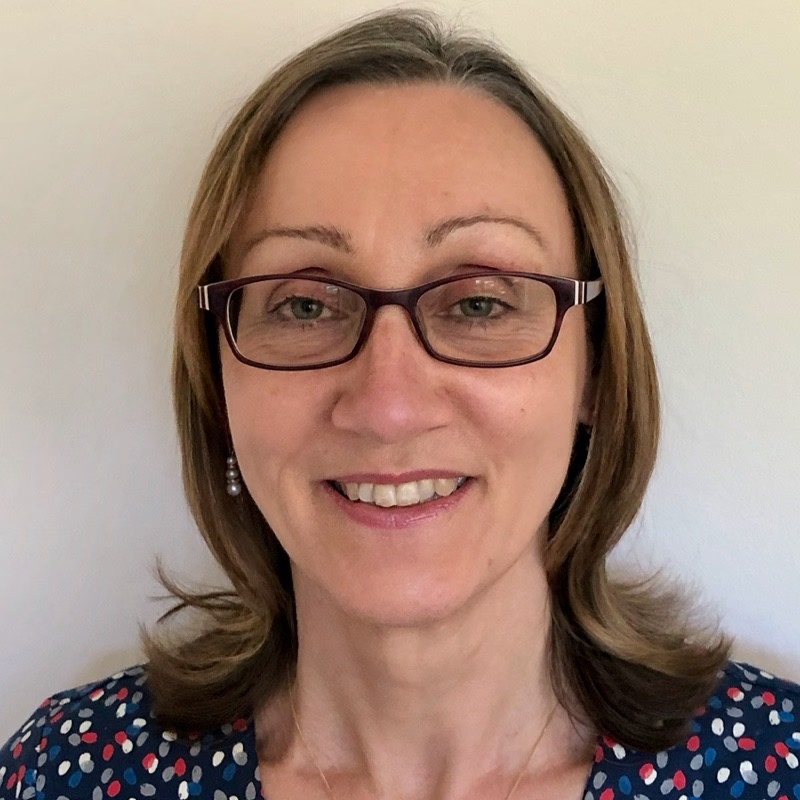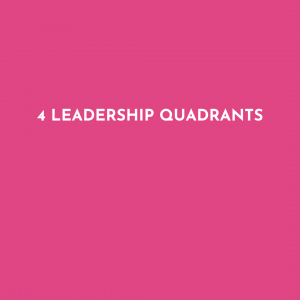What do you want to be? This is a popular question. One that we hear as small children. Society loves the ‘whats’. Money. Power. Status. I was on that treadmill too. For ten years, and then I realised that I was living someone else’s life.
How did I get there? I didn’t ask myself two important questions. Who do you want to be? And what kind of life do you want to live? I’d like to help you to get less lost than I did and kickstart your career. So, we’ll explore these two questions together. Like a mini-coaching session! And then, we’ll turn to seven successful CEOs for their top career tips.
Who do you want to be?

The Life Audit
Let’s do a little exercise, I’d like you to follow my instructions and coach yourself. I love doing this with a big sketch pad. It’s fun and creative. And it really fires up my imagination. There are limitless opportunities for a blank page! First, think of seven categories in your life that are really important to you. You can use standard ones like friends, family, career, and so on.
Or you can be more creative. Grab a sheet of paper and give it a try. When you’re in a job-seeking mode, trying to kickstart your career you can get very caught up in the career category. This little exercise helps to remind us of all the other elements in our lives. We are much more than our job title.
What’s going well?
You have your seven categories. It’s a snapshot of your life. You are starting to understand what’s really important to you. Secondly, we audit it a bit. How happy are you with each category? You can rate from one to ten. Or you can shade them in. Whatever works for you. The intention is to find out what’s going well and to use this to continue to boost your moods.
Positive emotions are key for job-seekers as they broaden our scope of thinking and action. It’s called the broaden-and-build theory. Positive emotion is like a little engine. It fires us up. I’d recommend finding or rediscovering something that you’re really good at and taking time for it every week. Mastery is important in our lives. It inspires a feeling of competence.
Contagious emotions!
It’s even better if you can find a supportive context for your hobby. This could be a sports team or a society or a group of friends. Positive emotions are contagious! Honestly. It’s called emotional contagion. And it’s a scientific theory! It’s really important for us to be in tune with our context and to ask ourselves whether it’s a nourishing space or not.
This is not just about trying to kickstart your career, the job-seeking or the career change. It’s also about the context that you’ll be working in and the people that you’ll be working with. Do they make you feel more? Or do they make you feel less? Our context can strongly support our learning and our vitality. So, try to choose one that does!
What kind of life do you want to live?

Success masquerading as happiness
Dale Carnegie once said something very wise, apparently.
“Success is getting what you want. Happiness is wanting what you get.”
I had a successful ten-year career. That I had worked hard for. But I was unhappy at work. And I felt lost in my life. I had to go back to the start to find my way back. When was I happy and why? I was happiest as a teenager. I was learning. And I was taking time out to do things that I enjoyed.
I was seeing my friends regularly. As well as spending time outdoors. I was being myself. And I was experimenting with new ideas. I was finding my own path. It worked. These were my key ingredients. And I’m still using this as a template to build the life that I want to live now. I’m making some tweaks along the way. I do have twenty years on my teenage self! But it was a great starting point.
A journey back in time
When were you happiest? Take a few moments to reflect on this. Here are some questions to think about:
- Where were you?
- Who were you with?
- What were you doing?
- How were you feeling?
- Why was it great?
Answer these questions as honestly as you can. They will help you to understand the key ingredients for you. The recipe for life is different for everyone. One size does not fit all. My coach helps me with this. She has a fresh perspective on my situation. She spotlights my blind spots. And she helps me to integrate myself into my future vision! It sounds crazy.
But we often build lives that we don’t actually want to live. Lives that are meant for others. We forget ourselves in the process. Ryanair tells us to put our own oxygen masks on first for a good reason. Not just to save on staff costs! We can’t be good for others unless we’re good for ourselves. This is one of the most valuable lessons that I’ve learnt over the last few years.
The Life Vision
Now we repeat the same exercise as earlier. You take the seven categories from your life audit and you build a picture of what you’d like them to look like in the future. Be super creative. Draw. Use colour. Have fun with it. It’s a great reminder of the life that you’d like to live. It can evolve with you. You’ll find yourself adding to it.
And tweaking it. It’s an agile plan. As opportunities crop up, you can see how they fit into your life vision. That job offer in Dubai might pay really well but maybe it’s just too far from your friends and family. They might feature strongly in your life vision. We need to make trade-offs in our life. But it’s very important to consider what we’re giving up. All that glitters is not gold. If something seems too good to be true, it probably is.
Success is … defined by you
Pushing past limits
Success has typically been defined as money and power. That’s a very limited definition! Success is defined by each of us. Take out a blank page and write the word ‘success’ in the middle. Now write down whatever springs to mind.
There is no judgement. If it’s a pot of gold at the end of the rainbow, then thank you for your honesty! This page is our roadmap. And it will evolve. As we meet recruiters, attend interviews, and receive job offers we can check the opportunity against our definition of success. It might be highly paid. But it’s an eighty-hour week. There’s a trade-off. And we have a choice. Arianna Huffington is just one example of how our physical bodies can stop success in its tracks.
Life is a series of moments

I like to use a little tool called appreciative inquiry. It’s built on the premise that we construct our own future i.e. what we focus on comes to life. Take a moment and reflect on your last job-seeking experience. It could be a meeting with a recruiter or an interview. Write down five sentences. Now read it back. Have you mentioned what went well?
Our life is made up of moments. We don’t remember days. And your interviewer probably doesn’t remember your entire interview. But he will remember moments. Now do the same exercise and remember the best moment from your last job-seeking experience. Figure out what made it great! How can you create more of these moments?
Seven Tips from seven sages
Thrive Global published an article recently on the most effective way to set yourself up for success in interviews. Have a read. It’s straight from the horse’s mouth. From seven successful CEOs. This is my interpretation. As your career coach for this moment!
- It’s all about personality. Make an impression.
- Know your passion. And express it.
- Own where you’re strong. And where you need to develop.
- Demonstrate self-respect by being on time and prepared.
- Get comfortable in your own skin. And engage.
- Know your weakness. And be honest about it.
- Be specific. Own the role you’ve played in past successes.
I’m a strong believer in attitude. Success is an attitude. Happiness is an attitude. Balance is an attitude. When we take the time out to build a broad picture of our life, then we step outside our fishbowl. We realise that we are so much more than that last job interview.
We’re already succeeding. We’re a strong runner. A great friend. A loving daughter. And so on. Now we’re in a positive frame of mind. And we bring our success attitude to the interview table. That’s our A-game. It’s not about reciting best practice. It’s about sharing our success stories. Stories that tell the interviewer who we are.
Want to learn more?
This blog is written by Susan Moran. If you want to learn more, check out our 12-step interview checklist or talk to one of our expert coaches today to get personalised advice to kickstart your career.











